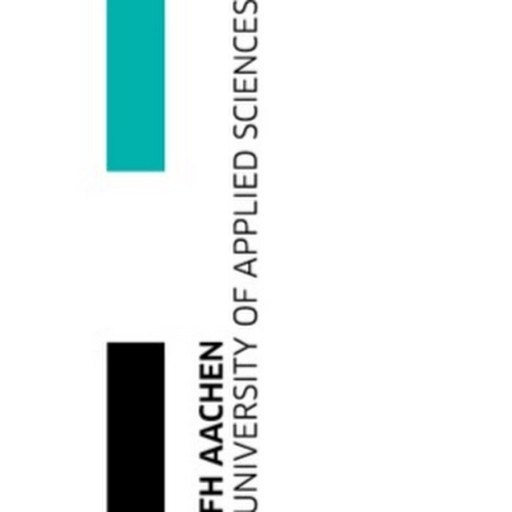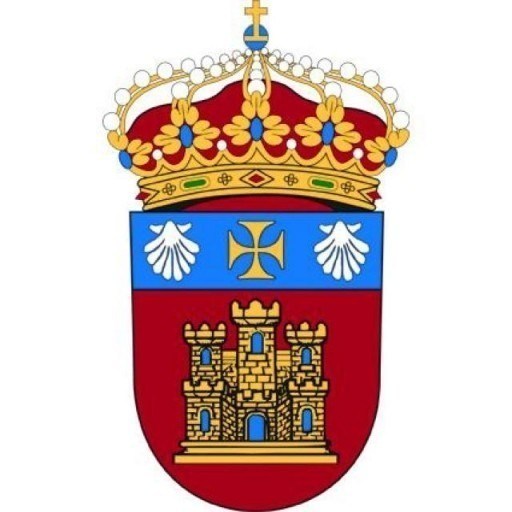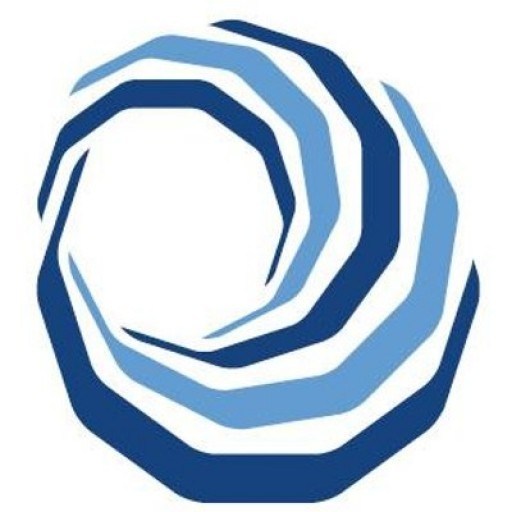Photos of university / #kocuniversity
Mechanical Engineering at Koç University offers a comprehensive and rigorous curriculum designed to prepare students for innovative careers in the design, analysis, manufacturing, and maintenance of mechanical systems. Our program emphasizes both theoretical foundations and practical applications, ensuring that graduates are well-equipped to meet the technological challenges of today and tomorrow. Students begin their studies with a strong core in mathematics, physics, and engineering principles, progressing to specialized courses in thermodynamics, fluid mechanics, materials science, mechanical design, control systems, and manufacturing processes. Throughout the program, students have opportunities to engage in laboratory work, design projects, and research activities that foster critical thinking, problem-solving skills, and creativity.
Koç University's state-of-the-art laboratories and research facilities provide an ideal environment for hands-on learning and experimentation. The curriculum is continually updated to reflect the latest advancements in mechanical engineering, aligning with industry standards and technological innovations. Students are encouraged to collaborate on multidisciplinary projects, participate in internships, and attend seminars led by industry experts, cultivating a global perspective and professional network.
Our faculty members are distinguished scholars and experienced practitioners dedicated to mentorship and innovative teaching methods. The program emphasizes entrepreneurial thinking and sustainable engineering solutions, preparing students for diverse career paths in automotive, aerospace, energy, robotics, manufacturing, and consulting sectors. Graduates of the Mechanical Engineering program at Koç University are highly regarded by employers and are well-prepared to pursue graduate studies or leadership roles within industry and academia.
The program also promotes international exchange opportunities and participation in joint research initiatives, supporting students’ development as global engineers. By the time of graduation, students will have developed strong technical competencies, effective communication skills, and a lifelong learning mindset, enabling them to make meaningful contributions to the technological advancement and societal welfare.
The Mechanical Engineering undergraduate program at Koç University is designed to provide students with a comprehensive understanding of the fundamental principles and modern advancements in the field of mechanical engineering. The curriculum combines theoretical knowledge with practical applications, preparing students to excel in a variety of engineering sectors, including automotive, aerospace, energy, manufacturing, and robotics. Throughout their studies, students engage in rigorous coursework covering core topics such as thermodynamics, fluid mechanics, solid mechanics, materials science, control systems, and manufacturing processes. The program emphasizes the development of strong analytical, problem-solving, and design skills through hands-on laboratory courses, design projects, and industry collaborations.
Beyond core technical subjects, students are encouraged to explore interdisciplinary areas including computer-aided design (CAD), computer-aided manufacturing (CAM), finite element analysis (FEA), and sustainable energy solutions. The curriculum is regularly updated to incorporate emerging technologies like automation, artificial intelligence, and additive manufacturing, ensuring graduates are well-equipped for future challenges. Koç University supports a research-oriented approach, offering students opportunities to participate in cutting-edge research projects alongside faculty members who are experts in their fields. These experiences foster critical thinking, innovation, and leadership qualities essential for successful careers in engineering or advanced academic pursuits.
The program also places a strong emphasis on developing effective communication and teamwork skills through project work and presentations. Students benefit from modern laboratory facilities and state-of-the-art equipment, providing an environment conducive to experiential learning. The university maintains strong industry partnerships, facilitating internships and cooperative education opportunities that connect students with real-world engineering problems. Graduates of the Mechanical Engineering program are well-prepared for diverse career paths in industry, academia, or entrepreneurship, with the knowledge and skills necessary to contribute to technological innovation and sustainable development. With a curriculum that balances theoretical foundations and practical expertise, Koç University’s Mechanical Engineering program aims to shape the next generation of innovative, responsible, and globally competitive engineers.
The undergraduate program in Mechanical Engineering at Koç University requires applicants to have completed a high school education with a strong emphasis on mathematics and sciences, including physics and chemistry. Prospective students are typically expected to submit their high school transcripts, standardized test scores such as the SAT or ACT, and demonstrate proficiency in English through tests like TOEFL or IELTS if applicable. The program emphasizes a rigorous curriculum combining fundamental engineering principles with practical application and innovative research. Students are required to complete core courses in mathematics, physics, thermodynamics, mechanics, materials science, and computer-aided design. In addition to theoretical coursework, the program mandates participation in laboratory work, project-based learning, and internships to enhance practical skills. The curriculum includes elective courses allowing students to specialize in areas such as automotive engineering, robotics, energy systems, and manufacturing processes. To graduate, students must accumulate a designated number of credits, successfully pass all core and elective courses, and complete a final-year capstone project demonstrating their ability to integrate knowledge in a practical setting. The program also encourages participation in international exchange programs and research opportunities, which are supported by the university’s partnerships with industry and academic institutions worldwide. Continuous assessment methods include quizzes, assignments, midterm exams, laboratory reports, project presentations, and a final examination. The program aims to develop graduates who are well-versed in cutting-edge technologies, capable of critical thinking and problem-solving, and prepared to meet the evolving demands of the global engineering industry.
The Mechanical Engineering undergraduate program at Koç University offers a comprehensive financing structure designed to support both domestic and international students throughout their academic journey. The university provides a range of scholarship options, including merit-based scholarships awarded based on academic achievement, athletic scholarships for talented athletes, and need-based financial aid aimed at assisting students with limited financial resources. These scholarships can cover full or partial tuition fees, and some include stipends for living expenses, thereby reducing the financial burden on students and their families. In addition to scholarships, Koç University participates in government-funded financial aid programs, which may include student loans and grants depending on eligibility. The university also has partnerships with various organizations and foundations that offer fellowships and grants to outstanding students in engineering disciplines.
International students are encouraged to explore external scholarship opportunities from their home countries or international organizations, some of which may be compatible with programs at Koç University. The application process for financial aid and scholarships typically requires students to submit academic transcripts, personal statements, and evidence of financial need, with deadlines aligned with the university’s admission cycle. Once admitted, students can access various financial planning services to help navigate payment options, installment plans, and budgeting advice. Koç University is committed to making quality higher education accessible and affordable, ensuring that talented students can pursue their studies without undue financial hardship. The university’s dedicated financial aid office provides guidance throughout the application process and manages the disbursement of funds. Overall, the financing studies framework of the Mechanical Engineering program is designed to promote inclusive access to education, supporting students from diverse socioeconomic backgrounds to achieve their academic and professional goals in engineering.
The Mechanical Engineering undergraduate program at Koç University is designed to provide students with a comprehensive education that combines theoretical knowledge with practical skills. The curriculum covers a wide range of topics including thermodynamics, fluid mechanics, solid mechanics, materials science, control systems, manufacturing processes, and computer-aided design. The program aims to prepare graduates for diverse career paths in industries such as automotive, aerospace, energy, manufacturing, and robotics.
Students benefit from state-of-the-art laboratories equipped with modern technology, allowing hands-on experience in experiments and projects that reinforce classroom learning. The program emphasizes the development of problem-solving skills, critical thinking, and innovation. Koç University promotes an inquiry-based learning approach, encouraging students to undertake research projects, participate in internships, and collaborate with industry partners.
The faculty members are experts in their fields, many holding advanced degrees and participating in cutting-edge research. Students are supported through academic advising, career guidance, and opportunities for international exchange programs, which broaden their global perspectives. The university also places a strong emphasis on entrepreneurship and leadership, fostering a creative environment where students can develop innovative solutions to complex engineering challenges.
Graduates of the Mechanical Engineering program are well-equipped to pursue advanced studies or directly enter the workforce. The program also aims to develop ethical and socially responsible engineers capable of contributing positively to society. Overall, the program offers a rigorous and enriching educational experience, preparing students to become leaders in mechanical engineering and related fields.










